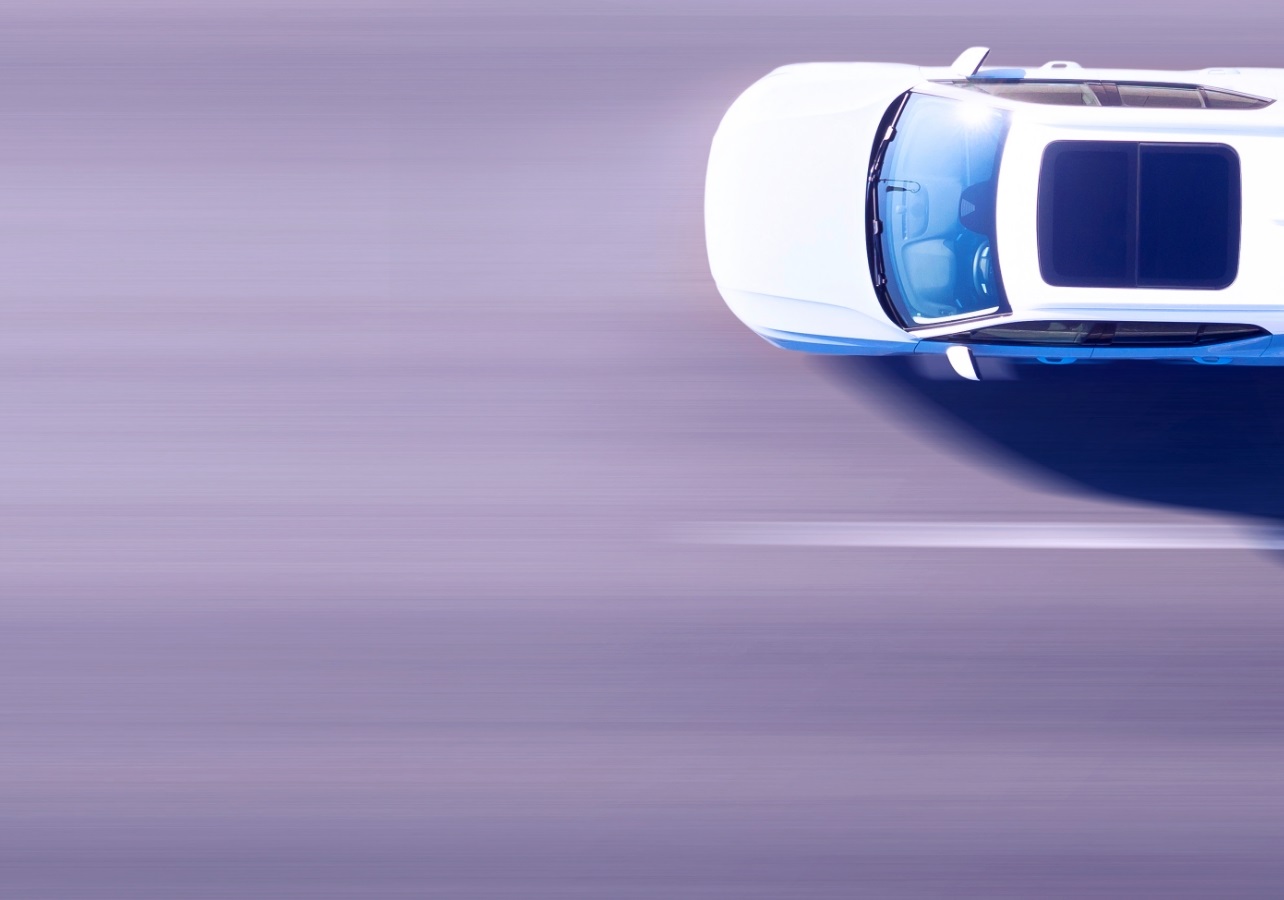Resource Highlights
In this article you will find out about how Delphi brake pads helps you stop sooner. At 100 mph, Delphi stopped more than four meters ahead of the next best brand, nearly nine meters ahead of the OE, and a massive over 17 meters ahead of the worst. Whilst four meters may not sound much, in an emergency stop every meter counts - it could mean the difference between you hitting something or not.

Whilst we like to say we’re ahead of the competition…when it comes to stopping we're actually behind. But that's a good thing right? Yes! Because it means we’re stopping sooner.
And we do. Fact! We recently put our pads through their paces, alongside the OE and six other leading aftermarket brands. The tests were performed at ECE R90 speeds on a VW Passat 2.0 TSI. The results? Well they speak for themselves.
At 100 mph, Delphi stopped more than four meters ahead of the next best brand, nearly nine meters ahead of the OE, and a massive over 17 meters ahead of the worst. Whilst four meters may not sound much, in an emergency stop every meter counts - it could mean the difference between you hitting something or not. And if you can’t stop in time to avoid a collision, it means that the impact will almost certainly be a lot less. Because in the last four meters alone, you could still be travelling at ten mph. Worse still, in the last 17 meters you could still be travelling at 35 mph and a pedestrian hit at 35 mph has a one in three chance of being killed. In both these instances the Delphi equipped vehicle would have already come to a halt! Enough said!
.png?sfvrsn=148f9b65_5)
At 50 mph, Delphi stopped sooner than all but one competitor, but crucially still ahead of the OE.
Of course, the way you stop is just as important. When you hit the brake pedal, you’ll want to stop in a quick, yet controlled manner. Take ABS modulation as an example. To achieve stable braking, the brake fluid pressure modulated by the ABS control module should follow a uniform pattern; with a rapid and successive release of pressure to prevent the wheel from locking, followed by a build-up of pressure to slow the wheel down. The Delphi pad followed a similar pattern to the OE, and since the vehicle’s braking system is designed to work with the OE pad, this is the holy grail so to speak. Other brands were inconsistent, with some not generating enough braking power for the ABS to even kick in, resulting in an uncontrolled and unstable stop.
The same goes for the front and rear braking pressure. Again, the Delphi pad followed the OE example. Other brands showed signs of too much braking at the rear, resulting in possible oversteer, or too much at the front and understeer. Either way, you’ll end up with an unstable vehicle.

- Fully bedded pads.
- 2 emergency stops with maximum deceleration: 1st stop: Medium speed stop 50 - 0 mph. 2nd stop: High speed stop 100 – 0 mph.
- Front and rear axle tested.
- Car: VW Passat Variant.
- Engine: 2.0 TSI.
- Power: 162kW / 220HP.
- Weight: 2168 kg total.
- IMPORTANT: Whilst these tests were carried out at speeds of up to 100 mph, in accordance with Regulation 90 testing procedures, Delphi does not condone driving at these speeds and advocates compliance to legal speed limits.
See how Delphi outperformed the competition in other key tests – noise, wear and wet braking.
SIGN UP TO FIND MORE
Fill yp your details to hear more from our experts and get the latest updates from Delphi.



